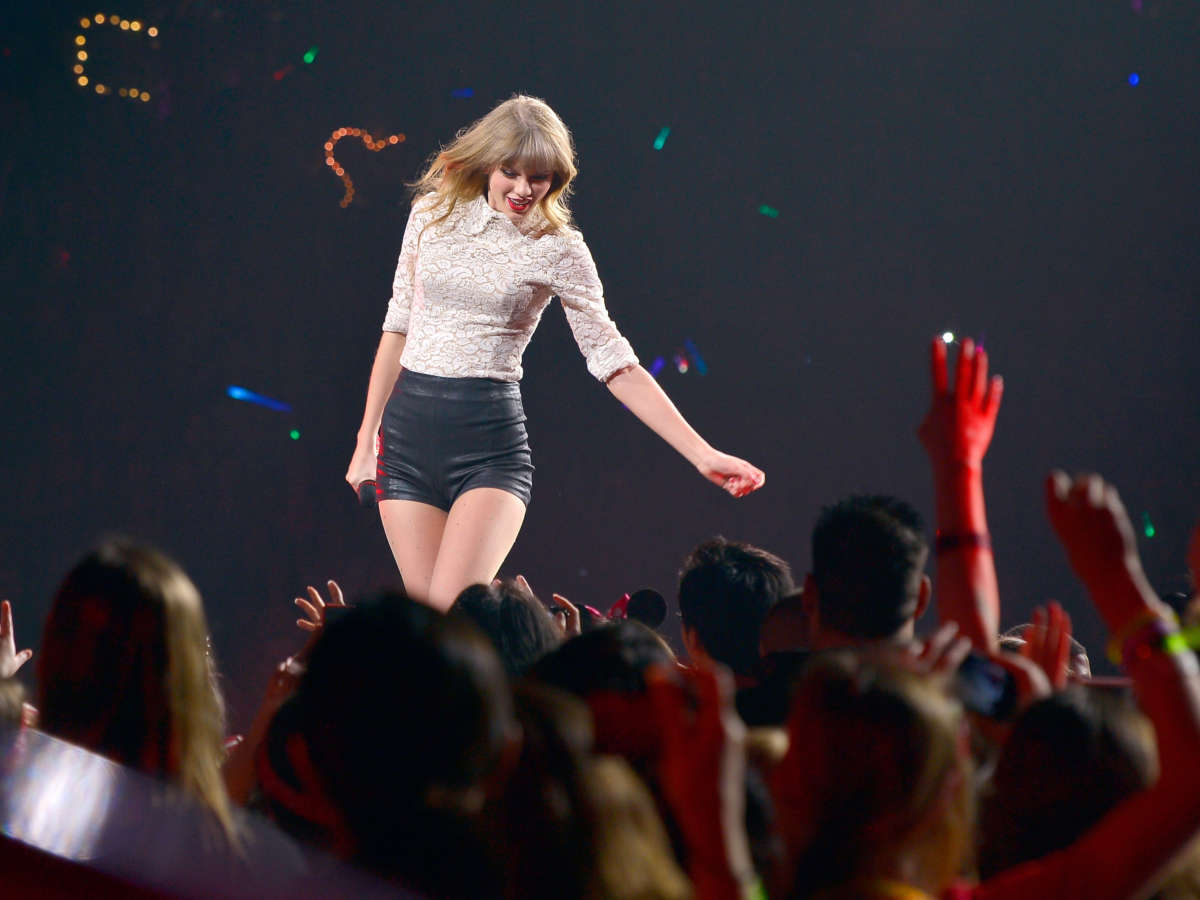Ticketmaster is under fire from the Senate’s top antitrust legislator for appearing to abuse its monopolistic position over the ticket market in the wake of the platform’s snafu when Taylor Swift concert tickets went on sale this week.
On Wednesday, Senate Competition Policy, Antitrust, and Consumer Rights Subcommittee Chair Amy Klobuchar (D-Minnesota) sent a letter to Ticketmaster CEO Michael Rapino, saying that the company appears to be abusing its grip over the market, which she said resembles a monopoly. In her letter, she cited issues that have plagued ticket buyers in recent years, like high fees that can almost equal the price of a ticket itself.
“Ticketmaster and LiveNation dominate the live entertainment supply chain with powerful positions in primary ticketing, secondary ticketing, concert promotion, artist management, tour sponsorships, and event venue operation,” Klobuchar wrote. “Ticketmaster’s power in the primary ticket market insulates it from the competitive pressures that typically push companies to innovate and improve their services. That can result in dramatic service failures, where consumers are the ones that pay the price.”
Klobuchar went on to say that “there have been numerous complaints about your company’s compliance” with an antitrust consent decree that it signed in 2010 when it merged with Live Nation. “I am concerned about a pattern of non-compliance with your legal obligations,” she wrote.
The lawmaker added in a Twitter post on Wednesday that “What is going on with Ticketmaster is an example of why we need strong antitrust enforcement! Monopolies wreak havoc on consumers and our economy.”
Antitrust experts say that the merger of Ticketmaster and Live Nation — which they say happened as a result of lax antitrust regulation — has laid the groundwork for Ticketmaster’s current grip on the market.
NEW: Ticketmaster is destroying live music.
Their scam fees now cost as much as 78% of a ticket. They control the events, the venues, even the artists.
There’s a movement pushing the Justice Department to take on their monopoly. @Doctorow breaks it down. pic.twitter.com/Ai0AwuVJQX
— More Perfect Union (@MorePerfectUS) October 19, 2022
Though Ticketmaster claims it only dominates about 30 percent of the concert market, analytics companies have found that it captured 66 percent of sales among major ticket platforms last year. Meanwhile, in 2010, the Justice Department found that Ticketmaster’s hold over major concert venues was over 80 percent — and that was even before regulators allowed the merger to go through.
The merger has not only hurt consumers, but also the music scene at large, experts have found, as smaller venues and artists are hurt by the company’s dominance and control over the industry.
Concertgoers often have no choice but to use Ticketmaster, however. On Tuesday, as tickets for Swift’s tour went on sale, the website crashed and fans waited for hours in the digital queue just to have tickets sell out; tickets then began popping up on resale sites like Stubhub for tens of thousands of dollars.
Ticketmaster also made headlines this summer when Bruce Springsteen fans, hoping to see Springsteen on his first tour in years, went to purchase early access tickets on Ticketmaster only to see tickets being sold firsthand for up to $5,500 due to Ticketmaster’s dynamic pricing system that adjusts ticket prices based on demand.
Numerous House representatives and senators have called for Ticketmaster to be broken up in recent days.
“Daily reminder that Ticketmaster is a monopoly, its merger with LiveNation should never have been approved, and they need to be reigned in,” said Rep. Alexandria Ocasio-Cortez (D-New York) on Twitter. “Break them up.”
Rep. David Cicilline, who previously sent a letter to the Department of Justice asking for an investigation into the company, wrote, “[Ticketmaster]’s excessive wait times and fees are completely unacceptable, as seen with today’s [Taylor Swift] tickets, and are a symptom of a larger problem. It’s no secret that Live Nation-Ticketmaster is an unchecked monopoly.”


